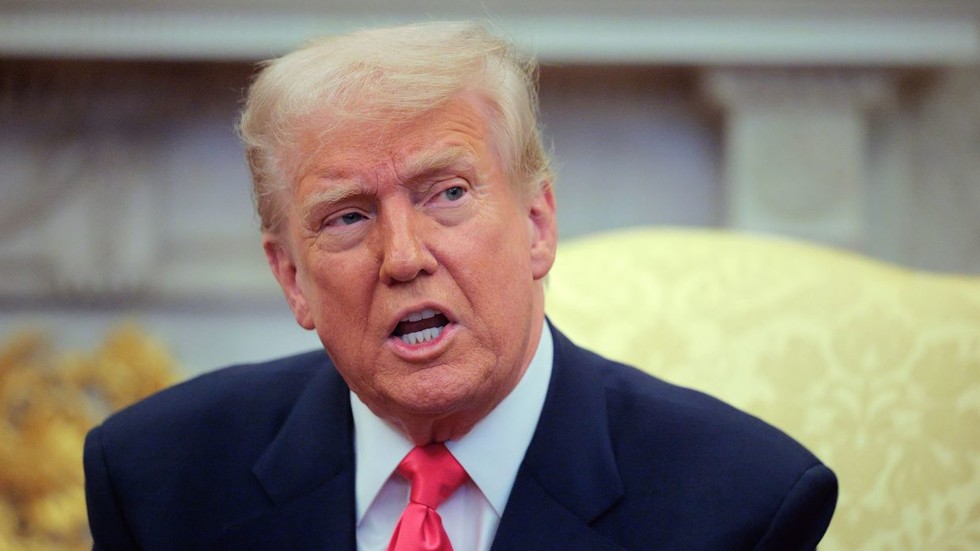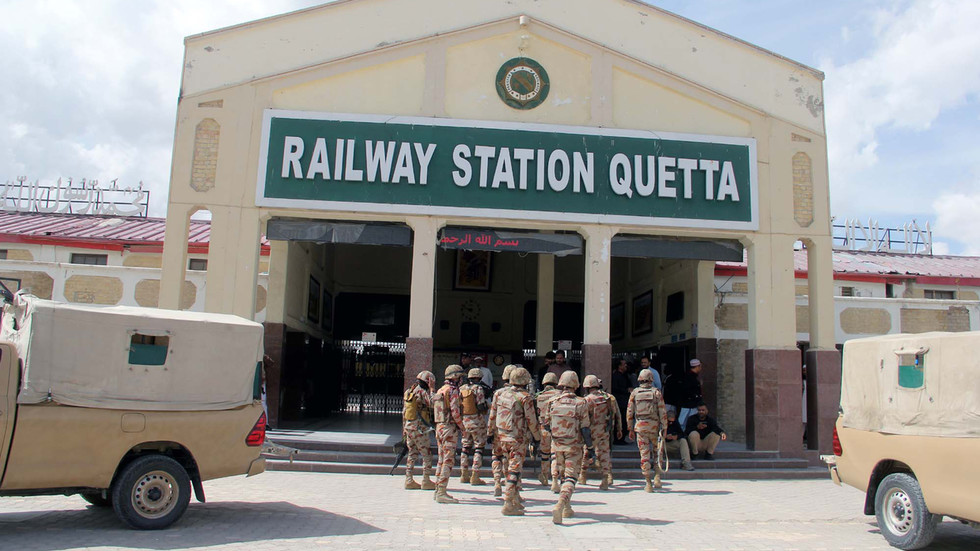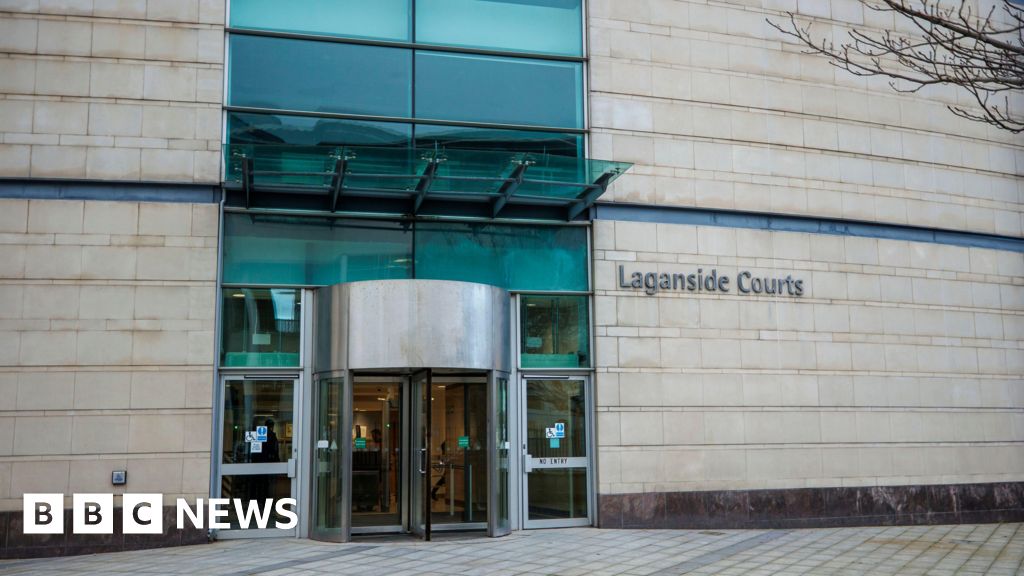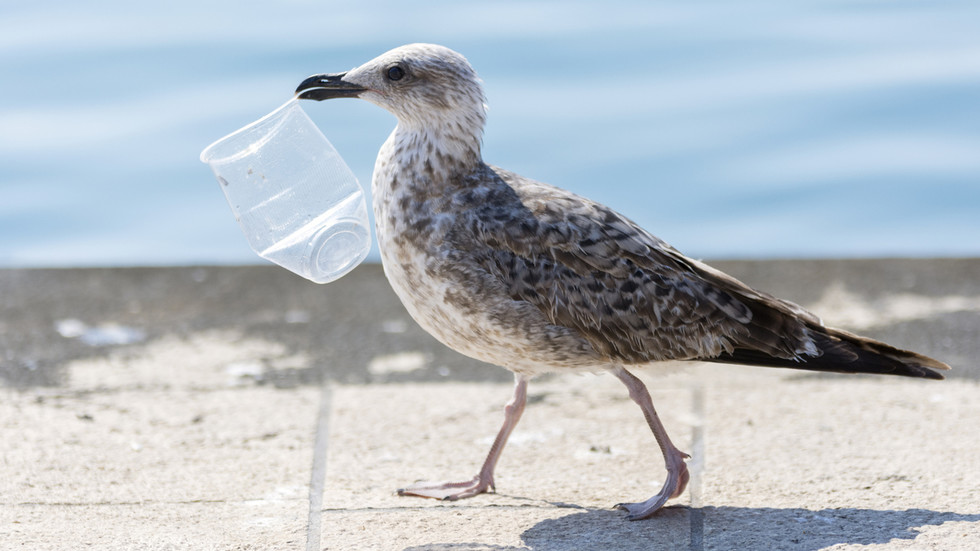"Speaking about Palestine in Germany should not be an act of courage," organizers of the ALFILM – Arab Film Festival Berlin stated at the event's opening ceremony in 2023.
A year later, amid the ongoing Israel-Hamas war, organizing a film festival spotlighting Palestinian voices is an even greater challenge: "It feels like an impossible task right now. It doesn't even feel like an act of courage. It feels like a suicide somehow, honestly," says festival director Pascale Fakhry.
The team is nevertheless taking this risk. The ALFILM festival, which has established itself, according to Fakhry, as the "biggest cinema platform representing Arab culture in Germany" since it first started in 2009, is held once again from April 24-30.
"Everybody is extremely on edge," Fakhry told DW. A number of incidents have contributed to this tense atmosphere.
 Pascale Fakhry is the director of the ALFILM - Arab Film Festival BerlinImage: Elizabeth Grenier/DW
Pascale Fakhry is the director of the ALFILM - Arab Film Festival BerlinImage: Elizabeth Grenier/DWFor example, Fakhry says that police inquired about the event at one of the festival's venues, the City Kino Wedding, before the program had been put up in the cinema. Having heard that an Arab film festival was being held there, the authorities implied that there must be something suspicious about an event they didn't know about, according to Fakhry.
When the theater's director informed the police that five other venues in Berlin were also part of the film festival, that it has been held for the past 15 years, and that the entire program could be found online, the police "were extremely embarrassed," says the film festival organizer.
 The program features 50 different features, short films and documentaries, including 'Dirty Difficult Dangerous,' a love story between an Ethiopian housemaid and a Syrian refugee in BeirutImage: METROPOLISCINEMA
The program features 50 different features, short films and documentaries, including 'Dirty Difficult Dangerous,' a love story between an Ethiopian housemaid and a Syrian refugee in BeirutImage: METROPOLISCINEMAArab filmmakers fear coming to Germany
Many international news outlets, including the New York Times, have been reporting on how Germany's cultural sector has been hit by cancellations and postponements of events that included participants showing support for Palestinians or having said statements about the Israel-Hamas war that were deemed antisemitic.
The number of antisemitic incidents has been rising in Germany, which also contributes to the additional degree of caution. In this context, German politicians have been called to react and draw a strict line against antisemitism, especially considering the historical responsibility of the country as a result of the crimes of the Holocaust.
In February, the acceptance speeches of some prize-winning filmmakers at the Berlin International Film Festival caused an uproar among German politicians. One of the prize-winners, an Israeli director and activist, said that due to media coverage labeling his speech as "antisemitic," he received death threats in his home country.
Fakhry points out that in such a context, many of her festival's guests "are afraid to come to Germany … I mean, none of them wants to have a backlash and be accused of antisemitism."
'Trigger words' in Germany
The ALFILM festival organizers have held preparatory briefings with the international filmmakers they have invited to discuss some of the specific "trigger words in Germany," Fakhry says. "But we also told them that it is still a space that is free and that we will not censor them."
Contested terms such as "genocide," "apartheid," and "settler colonialism" have provoked outcry in Germany when used to describe Israel's policies. The expression, "From the River to the Sea" has been criminalized in Germany by the Ministry of the Interior.
The festival's spotlight section, whose theme is always selected in reaction to current conflicts, is this year titled: "Here is Elsewhere: Palestine in Arab Cinema and Beyond." Fakhry says the programmers were transparent about this choice of theme with their financial backers, who maintained their trust in the team. This, at least, helped them "feel secure" in a way.
But the future of the event remains uncertain, knowing that the Berlin state government, which also funds ALFILM, attempted in January to implement a so-called anti-discrimination clause that would not allow anyone deemed to have made "antisemitic statements" to receive financial support from the city.
The clause would have followed the definition of antisemitism set out by the International Holocaust Remembrance Alliance, which is often criticized for labeling as "antisemitic" what others would see as legitimate criticism of Israel. IHRA's definition includes "drawing comparisons of contemporary Israeli policy to that of the Nazis" and "denying the Jewish people their right to self-determination, e.g., by claiming that the existence of a State of Israel is a racist endeavor."
Even though the controversial clause has been tossed, the debate is still very present in the German capital and throughout the country.
"We are very much aware that what we are doing is not acceptable for a lot of the political and cultural actors in Germany," says Fakhry, but for the ALFILM team, offering an uncensored platform for dialogue feels "existential."
 In 'Life is Beautiful,' Palestinian filmmaker Mohamed Jabaly chronicles how he couldn't return to Gaza after borders closed while he was in Norway. He was stuck there without a work visa for yearsImage: ALFILM
In 'Life is Beautiful,' Palestinian filmmaker Mohamed Jabaly chronicles how he couldn't return to Gaza after borders closed while he was in Norway. He was stuck there without a work visa for yearsImage: ALFILM'Each Palestinian story is political'
Invited to open the film festival with her documentary "Bye Bye Tiberias," French-Palestinian-Algerian filmmaker Lina Soualem said that she is not necessarily more nervous to present her film in Berlin than elsewhere. "I mean, it's always hard to speak about this in general," she told DW. But since her documentary is based on her family's personal story, she knows these "life experiences are real and deserve to exist."
"Bye Bye Tiberias" centers on four generations of strong Palestinian women. In the film combining home movies, archive footage, photos and family reunions, we discover that Soualem's great-grandmother ended up raising her eight children alone following the family's 1948 expulsion from their home in Tiberias, during the war that followed the establishment of the state of Israel. Hundreds of thousands of Palestinians were displaced and dispossessed during what Palestinians refer to as the "Nakba" — which means "catastrophe" in Arabic.
Another central figure in Soualem's documentary is her mother, acclaimed Palestinian actress Hiam Abbass (who starred in "Succession"). Abbas left her village of Deir Hanna to pursue her acting career in Europe — another form of exile that has affected the young filmmaker's own identity, as she grew up in France craving a better understanding of her background.
 Lina Soulaem (right) with her mother, Palestinian actress Hiam Abbass, in a scene from the documentary 'Bye Bye Tiberias'Image: Frida Marzouk, Beall Productions
Lina Soulaem (right) with her mother, Palestinian actress Hiam Abbass, in a scene from the documentary 'Bye Bye Tiberias'Image: Frida Marzouk, Beall ProductionsFor Soualem, exploring intimate relationships within the context of a Palestinian family automatically conveys the collective history of the people: "Each Palestinian story is political per se," she points out, as they "continued to not only survive, but to live after having experienced mass dispossession and deprivation of their identity as Palestinians — which is the case of every Palestinian, specifically since 1948."
On the vital role of telling the stories of the marginalized
Her film, which premiered at the Venice film festival last September and was selected as the Palestinian entry for the 2024 Oscars, was completed before Hamas' October 7 terrorist attacks that led to Israel's retaliation in Gaza.
But even before that, when Soualem made her film, "there was already dehumanization of Palestinians, deprivation of identity, silencing. All these things were already a reality," says the director.
"We always talk about Palestinians as a mass, as if it was an abstract people. We talk about Gaza as an abstraction. And it's actually lives and people."
She says that she was "motivated to make the film to give back complexity to the Palestinians and Palestinian lives through my personal story, because Palestinians were so dehumanized, so stigmatized."
Soualem's goal with her documentary echoes the Arab Film Festival's mission: "In a context of invisibilized and marginalized stories, images and storytelling become vital. Because if we don't tell our stories, history is written without us," points out the documentary filmmaker. "Being able to tell our stories, and transmitting them is also a way of surviving. Especially in a context when lives are disappearing, cinema will always exist to remember these people, these lives that are being erased."
Edited by: Sarah Hofmann and Tanya Ott

 10 months ago
58
10 months ago
58








